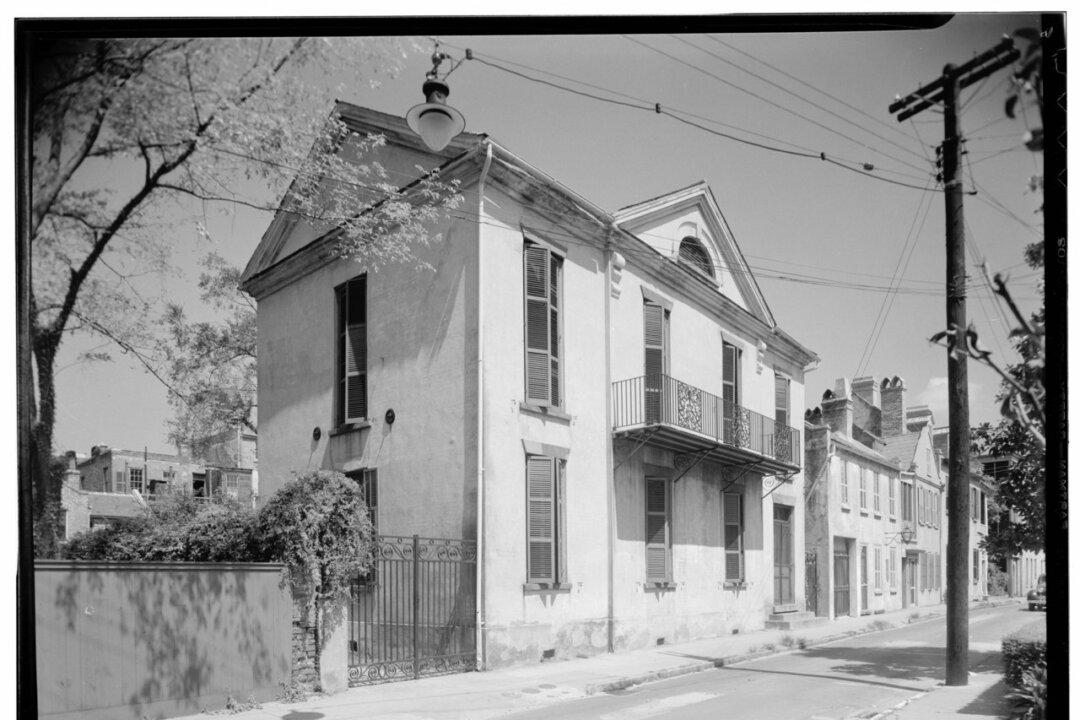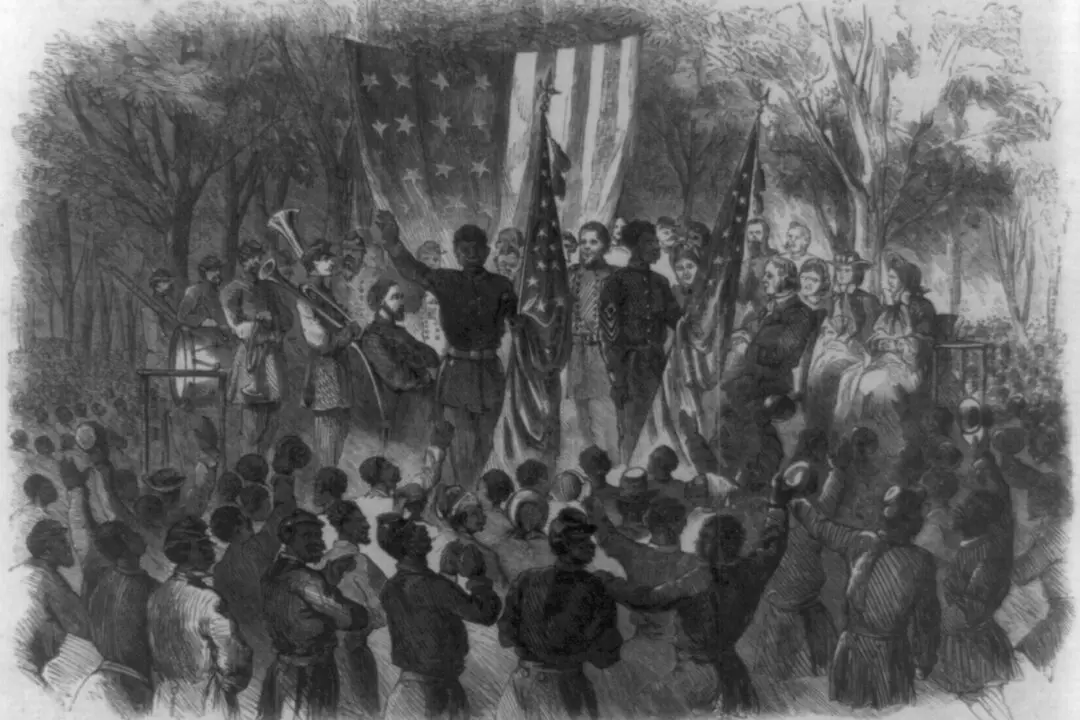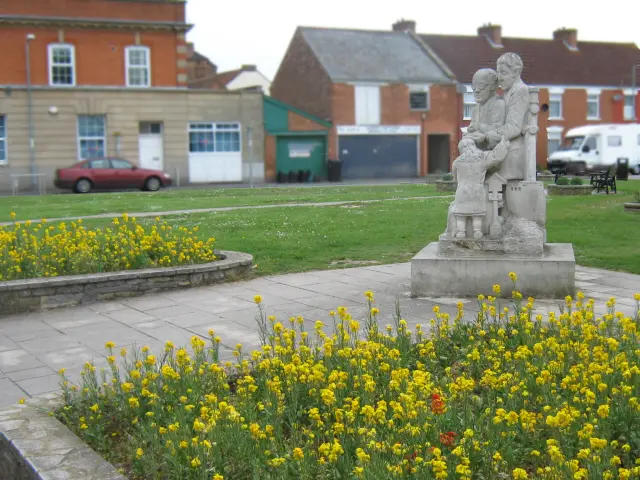Even though he was eventually voted out of office due to his desire to keep the country whole before the Civil War, James L. Petigru used his personal connections to continue to be an important figure in South Carolina. Petigru’s intelligence and ambition helped him become an influential figure, even though he strongly disagreed with states seceding from the Union.
Petigru was born near Abbeville, South Carolina, in 1789 as William Pettigrew and Louise Gibert’s eldest child. He was a cheerful and witty child when he went to Moses Waddell’s Willington Academy. He then graduated from South Carolina College (later renamed University of South Carolina) in 1809.






